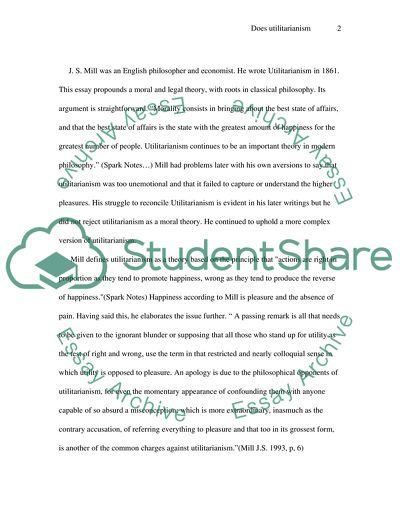Cite this document
(Does Utilitarianism Clash with John Stuart Mills Theory of Liberty Term Paper, n.d.)
Does Utilitarianism Clash with John Stuart Mills Theory of Liberty Term Paper. Retrieved from https://studentshare.org/philosophy/1552462-does-ultilitarianism-clash-with-john-stuart-mills-theory-of-liberty
Does Utilitarianism Clash with John Stuart Mills Theory of Liberty Term Paper. Retrieved from https://studentshare.org/philosophy/1552462-does-ultilitarianism-clash-with-john-stuart-mills-theory-of-liberty
(Does Utilitarianism Clash With John Stuart Mills Theory of Liberty Term Paper)
Does Utilitarianism Clash With John Stuart Mills Theory of Liberty Term Paper. https://studentshare.org/philosophy/1552462-does-ultilitarianism-clash-with-john-stuart-mills-theory-of-liberty.
Does Utilitarianism Clash With John Stuart Mills Theory of Liberty Term Paper. https://studentshare.org/philosophy/1552462-does-ultilitarianism-clash-with-john-stuart-mills-theory-of-liberty.
“Does Utilitarianism Clash With John Stuart Mills Theory of Liberty Term Paper”. https://studentshare.org/philosophy/1552462-does-ultilitarianism-clash-with-john-stuart-mills-theory-of-liberty.


